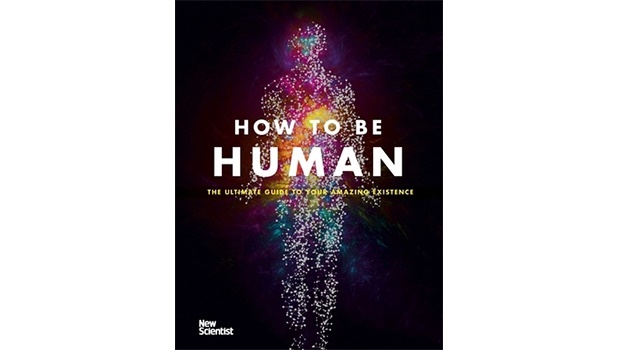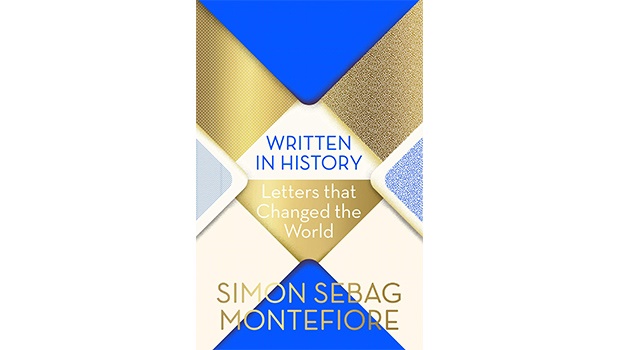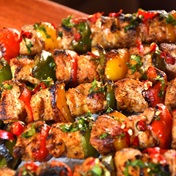
Need something to get stuck into on cold nights? Kate Turkington reviews two new books.
How to be Human by the New Scientist
Publisher John Murray
R325
5 stars out of 5
You will not put this book down. It’s full of irresistible facts that will dazzle you, your family, friends and colleagues. Did you know that half of your DNA isn’t human? Do you know why you blush, laugh or cry, what happens to your mind after you die, or at what age you are most likely to get cancer?
The New Scientist is the world’s bestselling science weekly and for more than 60 years it has been informing the public – in lay terms – of the latest discoveries and inventions. The chapter titles are intriguing: Get Inside Your Head; Your Deep Past; Friends and Relations; Sex and Gender, Wellbeing and Death. You probably know that DNA produces unique human beings but did you know that your face is probably not unique? One analysis of several thousands of faces found that 92% of them had at least one lookalike that both humans and face recognition software struggled to tell apart.
So even though you are definitely unique, your face is not.
More thought-provoking facts … the human male, along with the stump-tailed macaque, is the only primate to suffer the indignity of a receding hairline. And it turns out last-born children are more adventurous both physically and politically.
You’re going to love this book …
Written in History – Letters that changed the world by Simon Sebag Montefiore
Weidenfeld & Nicolson
R248
5 stars out of 5
This is an intriguing and revealing glimpse into the private lives of some very famous people – from Elizabeth I to Leonard Cohen; Mandela to Stalin; Suleiman the Magnificent to Adolf Hitler, Michelangelo to Mozart.
There are letters of tender love, of explicit eroticism, of anger and hate. Some are outrageous; others funny, tragic, revolutionary and yet others very unsettling.
The author, an acclaimed historian, puts each letter into context, with a compelling history lesson.
Former US president Harry Truman, aged 79, wrote to a Chicago newspaper columnist about his decision to drop the first nuclear bombs on Japan: “I knew what I was doing when I stopped the war that would have killed 500 000 youngsters on both sides if these bombs had not been dropped.
I have no regrets and under the same circumstances, I would do it again …”
Some letters are poignant.
Just before she and her children were massacred in 1918, Empress Alexandra wrote to her husband Emperor Nicholas II of Russia: “We have been placed by God on a throne and we must keep it firm … now the girlies want their tea, they came back frozen from their drive – I kiss you and hold you tightly clasped to my breast, caress you, love you, long for you, can’t sleep without you – bless you. Ever your very Own Wify.”




 Publications
Publications
 Partners
Partners










